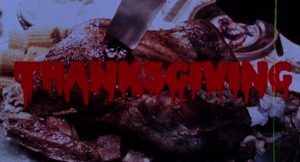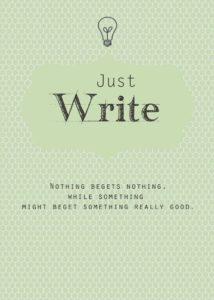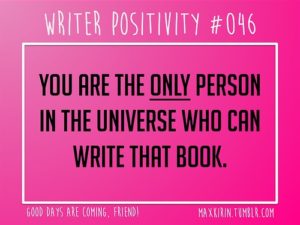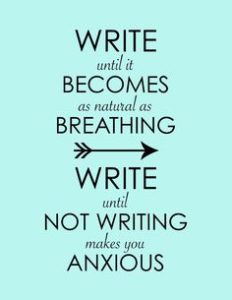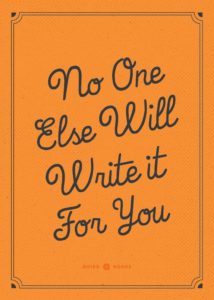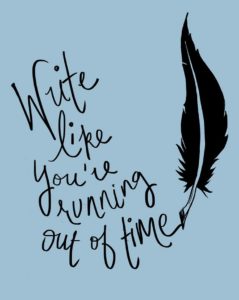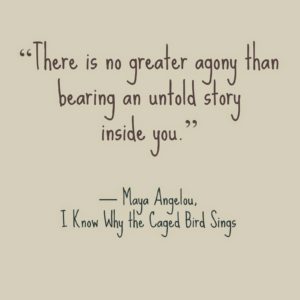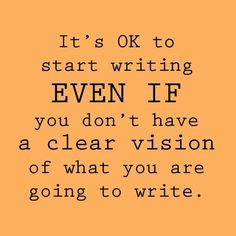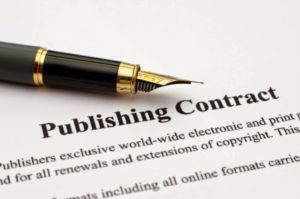I have always felt that National Novel Writing Month was scheduled during one of the most inconvenient times of the year. Many of us in the United States have significant travel plans and social commitments for the Thanksgiving holiday. College students are working on end of term projects and preparing for final exams. People with full time jobs are feeling the push to meet year-end financial goals, working extra hours to close out projects, and getting ready for the next financial year. To top it all off, Christmas looms just on the horizon. With all the commitments pulling at our time and attention in the month of November, keeping up a consistent work count is hard. But maybe that’s perfect after all.
You see, we can’t just be able to write when things are easy, when our writing space is clean, organized, quiet, and perfect, our beverage of choice is at our elbow, and we have neither a care nor a commitment in the world. If I waited for those moments to put my butt in the chair and fingers on the keyboard, I’d get 10 pages done a year max. Especially for those us trying to break into the business, there is constant distraction, ever growing commitments, and a million and a half other things that need doing right the hell now. For people like me, writing isn’t about quiet afternoons and hot cups of tea. It is about carving moments out of the chaos to make the dream work.
Having NaNoWriMo during one of the most socially active months of the year teaches us to manage our writing while still honoring those commitments. Writing can be all consuming if you let it. I’ve met more than one aspiring or published author who bemoans driving away spouses, losing touch with friends and siblings, or missing parts of their children’s lives because of the muse. I never fully realized the toll that writing takes on those we love until I saw how worn out and lonely my girlfriend was after my first NaNo success. I’m going to find a way to be a prolific author AND give those I love the time and attention they deserve. I can’t give you any advice on this one, as I’m still working on the balance myself. All I can tell you is that I, like many of you, need the people in my life and that we can make it work.
We all have full plates, but learning to make time between the courses is part of the process. NaNoWriMo provides structure to help us learn that lesson. It gives us a concrete goal, an international group of supporters, and a really busy month in which to make it all happen. If you are anything like me, you aren’t going to find a two-hour chunk of time that fits neatly in your schedule. Rather, you are going to take your laptop to work and write during breaks and lunch. You only have fifteen minutes? Well, then grab that cup of coffee and boot up the laptop. Write fifteen words. That’s a sentence, maybe two. Pack it up, go back to work. Eat your lunch quickly at your desk, then pull out the laptop. For me, lunch break writing is the hardest. I work at a computer all day and often am mentally worn out even by lunch. However, I have found that escaping into fiction, turning off the analytical side of my brain and letting the creative side reign, helps refresh me to finish out the day. Just remember to set an alarm for the end of lunch before you get lost in the joy of writing, only to be interrupted by a boss who passes by your office at 13:30 and asks you what you are doing. Because that never happened to me, not four times.
Furthermore, you don’t have to be putting words on the page to be doing writing work. I find that some of my best fiction thinking gets done during my commute home, while on my bicycle, or when I’m pushing a lawn mower around the yard. I crank up some high energy music, focus the active part of my brain on the task at hand, and get to doing what needs to be done. Meanwhile, my unconscious mind invades my thinking brain, co-opting some of the real estate to work out plot problems, have conversations with my characters, and just imagine the possibilities. I’ve had so much success with this, that physical exertion has become one of my main strategies for working my way around or through a block. They key is to carve out a little time after the physical activity to make use of that authorly momentum. It doesn’t need to be much, maybe thirty minutes or an hour, but taking the time to get the words that build up onto paper is essential.
The last piece of advice I can give you about having a packed plate and finding the time to write is that you must maintain your momentum. I don’t care if it is only one sentence, spend the time every single day writing something. Sometimes that one sentence will turn into two, then a couple paragraphs, then ten pages. Sometimes it will stay one sentence, but it will be more than you had the day before. 50,000 words may feel like a sprint, but really it’s just preparing you for the marathon. Daily practice builds those pathways in our brains, strengthening our writing muscles, and making progress. Even if it is only one sentence. They key is that it’s something.

